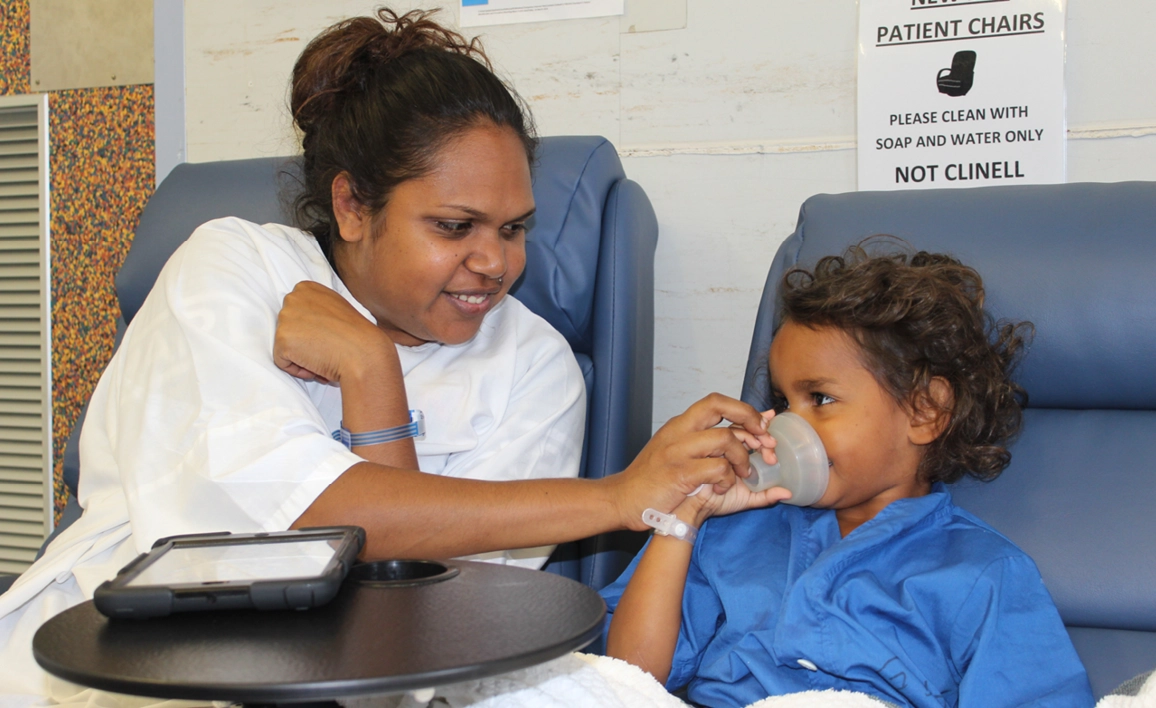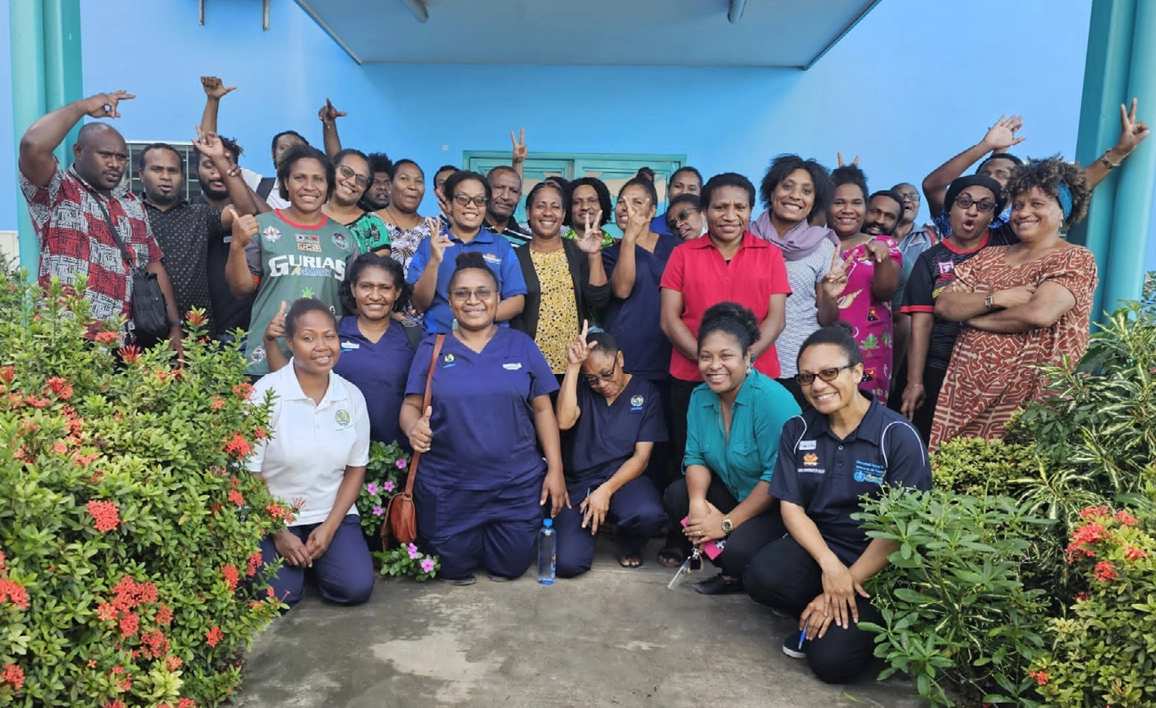ANZCA is the foremost authority on anaesthesia, pain medicine, and perioperative medicine in Australia and New Zealand; the professional membership organisation for more than 7000 specialist anaesthetists, 530 specialist pain medicine physicians, and over 2000 specialists-in-training; and we have significant responsibilities in terms of setting the standards of clinical practice. So it's little wonder that safety and advocacy are central to everything we do.
We maintain highly effective relationships with a wide range of government and non-government agencies, healthcare providers, the community and the media on both sides of the Tasman, and have a reputation for providing evidence-based information and advice on everything from safe sedation to sustainable education in developing countries.
Explore this section

Access prof docs; anaesthesia standards; perioperative anaphylaxis management guidelines; professionalism and performance guidelines; airway management resources; and information on reporting anaesthetic incidents.

From formal submissions to social media campaigns, we leverage our professional reputation and relationships to advocate on issues affecting our specialties; our members; and the patients under their care.

Find out what we're doing to address the inequities in health outcomes between Indigenous and non-Indigenous people in Australia and Aotearoa New Zealand.

We're committed to improving education and training capacity in anaesthesia and pain medicine in response to the needs expressed by low and middle income countries (LMIC).

The Specialist Training Program (STP) is an Australian government initiative that aims to extend vocational training for specialist registrars into settings outside traditional metropolitan teaching hospitals, including regional, rural and remote and private facilities.

Your multidisciplinary toolkit to help navigate opioid stewardship.

The Opioid Equianalgesic Calculator is designed to support specialist and general medical practitioners, medical students, nurses, and allied health professionals involved in the care of patients with persistent pain. Developed by the Faculty of Pain Medicine, Australian and New Zealand College of Anaesthetists (FPM ANZCA), this essential clinical tool simplifies the calculation of equianalgesia, expressed as the total oral morphine equivalent daily dose (oMEDD).

The Safety and Quality Committee works with fellows and ANZCA Council to support safe clinical practice in anaesthesia and pain medicine.
Current safety alerts

The TGA and Health New Zealand have advised that there is an urgent recall of selected Smiths Medical ORAL/NASAL Endotracheal Tube products because they may have a smaller (internal) diameter than expected. The affected tubes are UNcuffed and from 2.0mm to 3.5mm size. Specific details are in the following notice from the TGA.

SCIDUA case prompts safety alert on tracheostomy speaking valve

Hospitals, grappling with drug supply disruptions, may encounter unfamiliar packaging and labeling, significantly heightening the risk of medication errors.

The Australian Therapeutic Goods Administration (TGA) have published an alert about a shortage of multiple intravenous (IV) fluid products in Australia due to global supply limitations, unexpected increases in demand, and manufacturing issues.

